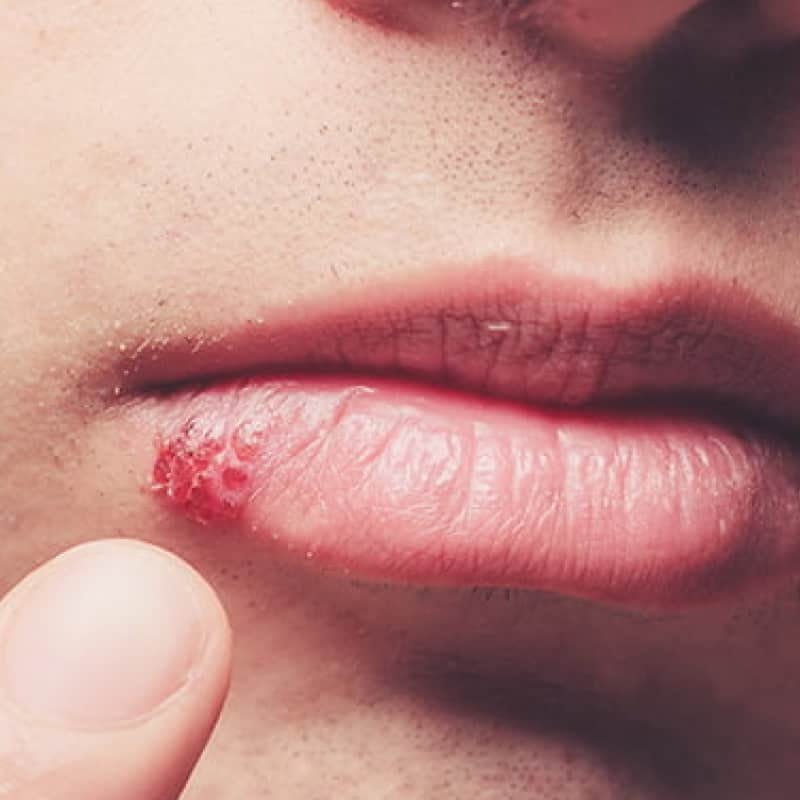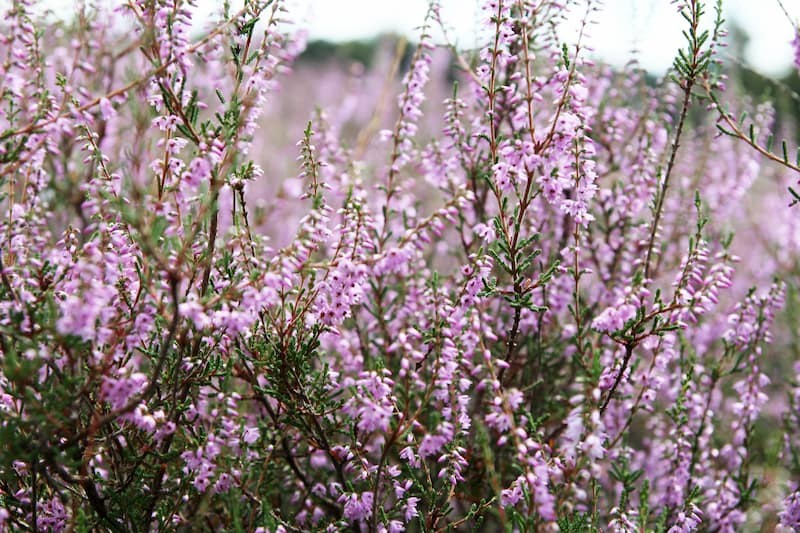
‘Natural’ Treatment Verses Medicine
When it comes to home remedies and ‘natural’ treatments there is a lot of misinformation floating around on the internet. Herpes is no different and has its fair share of home remedies, which often have no scientific basis. We look at some of the most common home treatments for Herpes and find out if they REALLY work. Remember that natural remedies are not necessarily safe, as they have less regulation than approved medication. They should be treated with the same amount of caution you would have taking any new medication. Natural treatments such as this should be seen as a complementary treatment to be taken alongside effective antiviral medications such as Aciclovir cream and Aciclovir tablets. Do your research and only buy from reputable vendors, and if it seems too good to be true, it probably is.
What is Herpes Anyway?
Herpes (officially the herpes simplex-virus) is a virus that can easily spread through skin to skin contact. Genital herpes is spread through sexual contact so is considered an STI. Many people have more than likely come into contact with the Herpes virus and don’t even know it as it can lie dormant for years, often appearing in times of stress or illness. When symptoms do appear they present as sores or blisters around the mouth, lips or genitals.
Herpes is currently incurable, but can be easily managed with the help of treatment, and some people may never show any symptoms at all. It is estimated that two thirds of the global population under 50 has the virus, so you are not alone! Some associated issues include infections and dehydration (if the blisters make it painful to drink), but generally Herpes is pretty harmless though can be painful, uncomfortable and unpleasant looking.
Echinacea
You will often see Echinacea pop up on lists of herbal or natural remedies for a variety of diseases, most commonly for preventing winter colds. Echinacea is a flowering plant found in the US and Canada, and can be bought in supplements, liquids and teas. Evidence for the effectiveness of Echinacea is mixed, and it’s connection to Herpes may be in relation to the fact cold sores often appear or worsen when the immune system is compromised.
There is also some evidence to show that Echinacea has anti-inflammatory properties which can help reduce the painful swelling and redness that can come with Herpes sores. A 2012 study on 755 participants showed a 26% reduction in the number and duration of colds over a 4 month period [1]. Although some sources prove this wrong, as there was no significant difference in the number of colds between the test group and the control group. A study that looked into the effectiveness of Echinacea found no significant difference is Herpes outbreaks [2], so although initially convincing we would take this one with a pinch of salt!

Propolis
Propolis is a resin-like material made by bees from the buds of poplar and cone-bearing trees. It is usually obtained from bee-hives so is not often found in its pure form. It is used to treat swelling, inflammation and mouth sores making it a good alternative treatment for Herpes. Some research suggests that applying Propolis ointment decreases healing time for cold sores and could even be more effective than Aciclovir cream [3]. Out of all the options on this list this one appears to have the most scientific backing, but would still require further examination to conclusively prove its effectiveness. A further study has shown that the most effective treatment is the use of both Propolis and Aciclovir together [4].

Prunella Vulgaris
Prunella vulgaris is a common herb that has been used for centuries as a ‘cure all’ treatment for conditions such as infections, diabetes and cancer. There is very little evidence to support these claims, but for viral conditions such as herpes there does seem to be some evidence to support it [5]. Though it is important to note that these studies were conducted on animals and as of yet no significant tests have been done on humans but things look promising.

Vitamin E
Vitamin E can be found in all sorts of food. Sunflower seeds, almonds, avocados, spinach and broccoli are all great sources of Vitamin E which is required for maintaining healthy skin and eyes, and strengthen the body’s natural defence against illness and infection. Because of this Vitamin E is essential in helping fight viruses such as Herpes, but studies have found that consuming more vitamin E than required (4mg for men and 3mg for women) does not prevent further outbreaks of Herpes [6]. So as long as you are getting enough Vitamin E in either your diet or in supplements it will not have a huge effect on reducing Herpes symptoms.

L-lysine
L-lysine (lysine) is an essential amino acid which means our body is unable to produce it. This means it needs to be absorbed through food such as meat, cheese, eggs and soybeans (as well as dietary supplements). One study has found evidence to suggest that Lysine can reduce the amount of Herpes outbreaks as well as the severity, which all sounds very promising [7]. Unfortunately, this is not a herpes ending cure-all, as other studies have suggested Lysine makes no difference to the longevity or severity of Herpes (though this was conducted on cats, so the jury is still out on this one!) [8]

So What Is The Best Way To Manage Herpes?
The best way to reduce symptoms and recurrence of Herpes is medically proven antiviral medication such as Aciclovir. This is available in both a tablet form for genital herpes and cream for lip sores. These medications can be purchased from a local pharmacy or from a trusted online pharmacy such as e-Surgery. Triggers for Herpes outbreaks include stress (find out how to manage stress here), a lowered immune system and friction to the area affected.
Sources
- Safety and efficacy of Echinacea at preventing the common cold | Evidence-Based Complementary and Alternative Medicine
- Does the extract of the plant Echinacea purpurea influence the clinical course of recurrent genital herpes? | NCBI
- A comparative multi-centre study of the efficacy of propolis, aciclovir and placebo in the treatment of genital herpes | NCBI
- Antiviral Activity of Hatay Propolis Against Replication of Herpes Simplex Virus Type 1 and Type 2 | NCBI
- A polysaccharide fraction from medicinal herb Prunella vulgaris downregulates the expression of herpes simplex virus antigen in Vero cells | NCBI
- The immune response to herpes simplex virus encephalitis in mice is modulated by dietary vitamin E | NCBI
- Success of L-lysine therapy in frequently recurrent herpes simplex infection. Treatment and prophylaxis | NCBI
- Lysine supplementation is not effective for the prevention or treatment of feline herpesvirus 1 infection in cats: a systematic review | NCB
Further Reading
- Genital Herpes | NHS
- Aciclovir | National Institute For Health And Care Excellence
- Echinacea: Benefits, Uses, Side Effects and Dosage | Healthline
- A Comparative Multi-centre Study Of The Efficacy Of Propolis, Acyclovir And Placebo In The Treatment Of Genital Herpes (HSV) | PubMed








